FASHION & LIFESTYLE NEWS
Unlocking the Meaning Behind Hibiscus: What Does a Hibiscus Symbolize?
As you wander through gardens or admire its delicate blooms, you may find yourself pondering: What does a hibiscus symbolize? Let’s delve into the intriguing question with AlibayTrendy Store now.
What Does a Hibiscus Symbolize?
Beauty and Femininity:
In cultures around the globe, the hibiscus stands as a revered icon of beauty and femininity, captivating hearts with its ethereal charm and enchanting allure. From the lush landscapes of tropical paradises to the serene gardens of tranquil retreats, this exquisite flower has long been admired for its unparalleled grace and elegance.
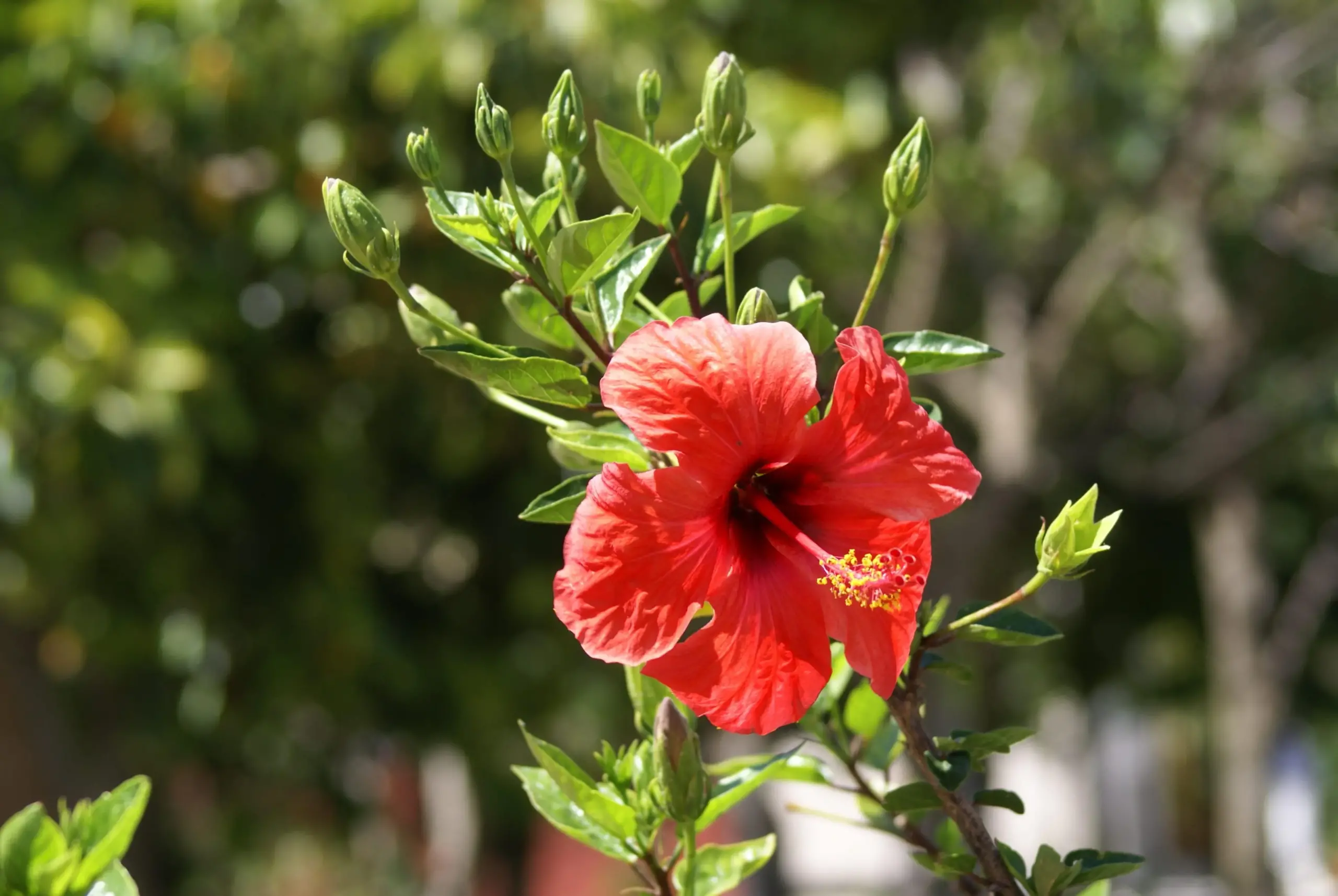
The hibiscus’s appeal transcends borders and boundaries, weaving its way into the fabric of diverse traditions and customs. In Hawaii, where it is known as the “pua aloalo,” or the “flower of aloha,” the hibiscus embodies the spirit of hospitality and warmth, welcoming visitors with its vibrant blooms and vibrant colors. In China, it is revered for its delicate beauty and symbolic significance, often featured in art and literature as a representation of purity and feminine virtues.
Yet, it is not merely the outward appearance of the hibiscus that garners admiration; it is the deeper symbolism it embodies. Its blossoms, with their intricate layers and vivid hues, serve as a testament to the boundless creativity of nature and the exquisite craftsmanship of the universe. Each petal is a masterpiece in its own right, delicately unfolding to reveal a symphony of colors and textures that stir the soul and uplift the spirit.
Moreover, the hibiscus’s association with femininity goes beyond mere aesthetics; it speaks to the inherent strength and resilience of the feminine spirit. Like the flower itself, women possess an innate ability to weather life’s storms with grace and dignity, their beauty shining brightest in moments of adversity and triumph.
Passion and Love:
Passion and love intertwine with the essence of the hibiscus, weaving a tapestry of emotion and romance that transcends cultures and borders. This exquisite flower holds a profound connection to matters of the heart, serving as a timeless symbol of ardor, devotion, and the eternal dance of love.
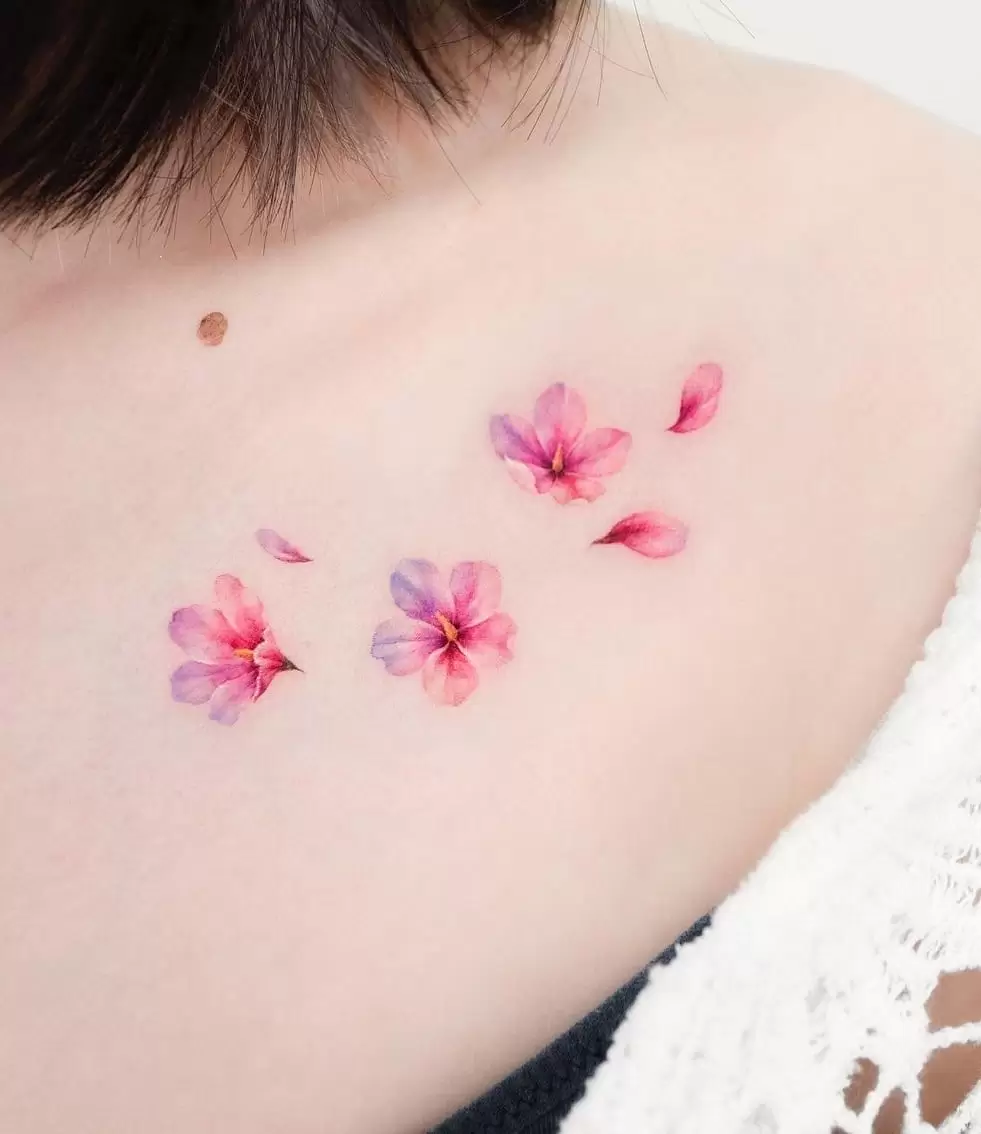
Across countless traditions and customs, the hibiscus is exchanged between loved ones as a cherished token of affection, carrying with it the weight of heartfelt emotions and the promise of enduring bonds. In Hawaii, where the hibiscus reigns as the state flower, it is often gifted as a symbol of love and appreciation, its vibrant petals mirroring the intensity of passion that burns within the soul.
In the language of flowers, the hibiscus speaks volumes, conveying sentiments that words alone cannot express. Its vibrant hues and delicate fragrance serve as a silent ode to the beauty of love in all its forms, from the fiery passion of new romance to the quiet devotion of lifelong companionship.
Moreover, the hibiscus’s association with love extends beyond mere symbolism; it is deeply rooted in myth and legend, with tales of forbidden love and undying devotion echoing through the ages. In some cultures, the hibiscus is believed to possess magical properties that can ignite the flames of passion and bring lovers together, casting a spell of enchantment that defies time and space.
Yet, perhaps the most profound aspect of the hibiscus’s connection to love lies in its ability to deepen bonds and foster connections between souls. Whether exchanged between partners, friends, or family members, the gift of a hibiscus serves as a tangible expression of affection, a gesture of love that transcends words and lingers in the heart long after the petals have faded.
Transformation and Growth:
The symbolism of transformation and growth embodied by the hibiscus transcends the boundaries of mere botanical beauty, offering profound insights into the human experience and the journey of self-discovery.
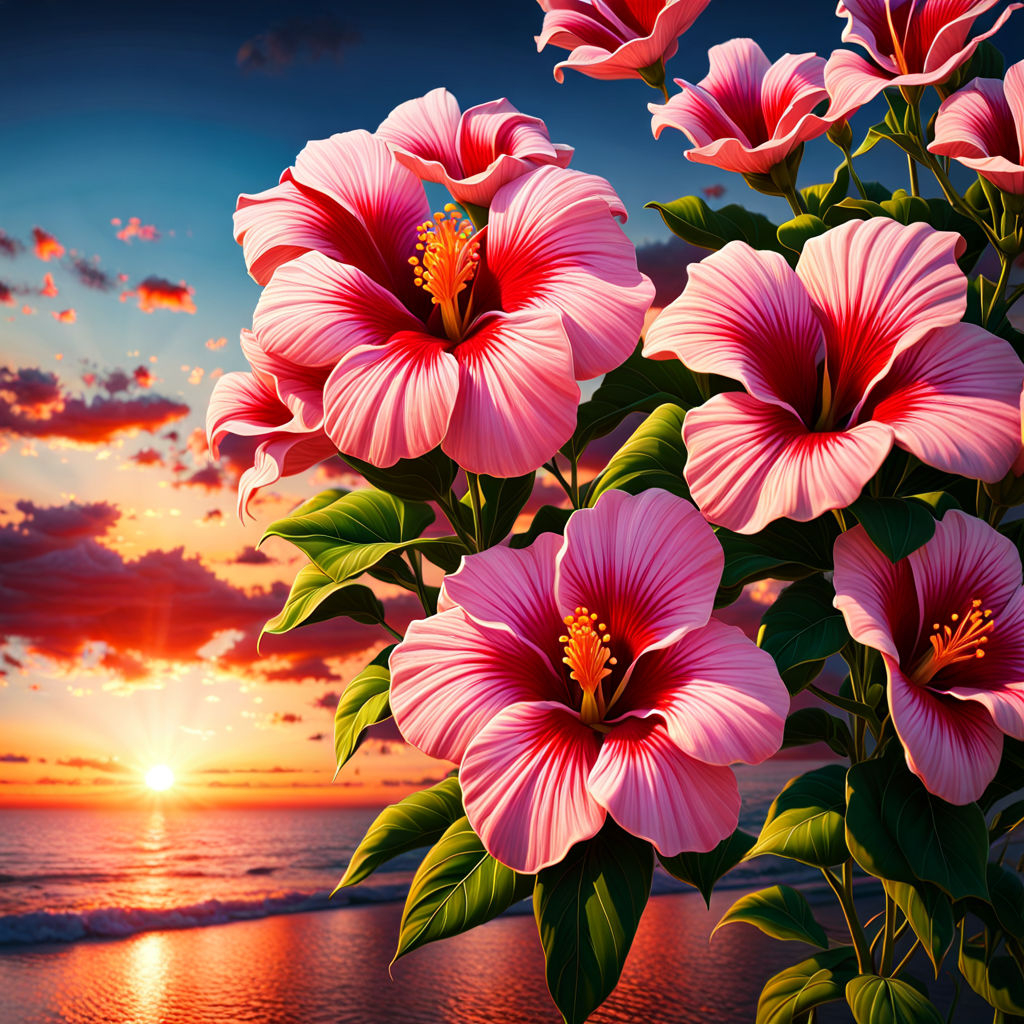
With each passing day, the hibiscus undergoes a remarkable metamorphosis, unfurling its petals in a graceful dance of renewal and rebirth. This natural process mirrors the intricate tapestry of life itself, where change is not only inevitable but also essential for growth and evolution.
The hibiscus serves as a gentle reminder that transformation is not to be feared but embraced, for it is through change that we find the courage to shed our old selves and embrace the possibilities of the unknown. Just as the hibiscus blooms anew with each passing season, so too do we have the power to reinvent ourselves and embrace the endless potential that lies within.
Moreover, the hibiscus’s vibrant blooms symbolize the beauty that emerges from embracing change and embracing personal evolution. Each petal is a testament to the resilience of the human spirit, capable of overcoming adversity and blossoming into something extraordinary.
In many cultures, the hibiscus is revered as a symbol of transformation and growth, its presence woven into rituals and ceremonies that mark significant milestones on life’s journey. From birth to marriage, from adolescence to old age, the hibiscus serves as a silent witness to the passage of time and the enduring spirit of renewal.
Furthermore, the hibiscus’s association with personal growth extends beyond its physical manifestation; it serves as a beacon of inspiration for those embarking on their own journey of self-discovery. Its vibrant colors and delicate fragrance remind us to embrace our uniqueness and celebrate the beauty that lies within, for it is through embracing our true selves that we unlock the full potential of our being.
Sensuality and Sensitivity:
The hibiscus, with its velvety petals and intoxicating fragrance, beckons us into a realm of heightened sensuality and sensitivity, inviting us to immerse ourselves fully in the rich tapestry of sensory experiences that surround us.
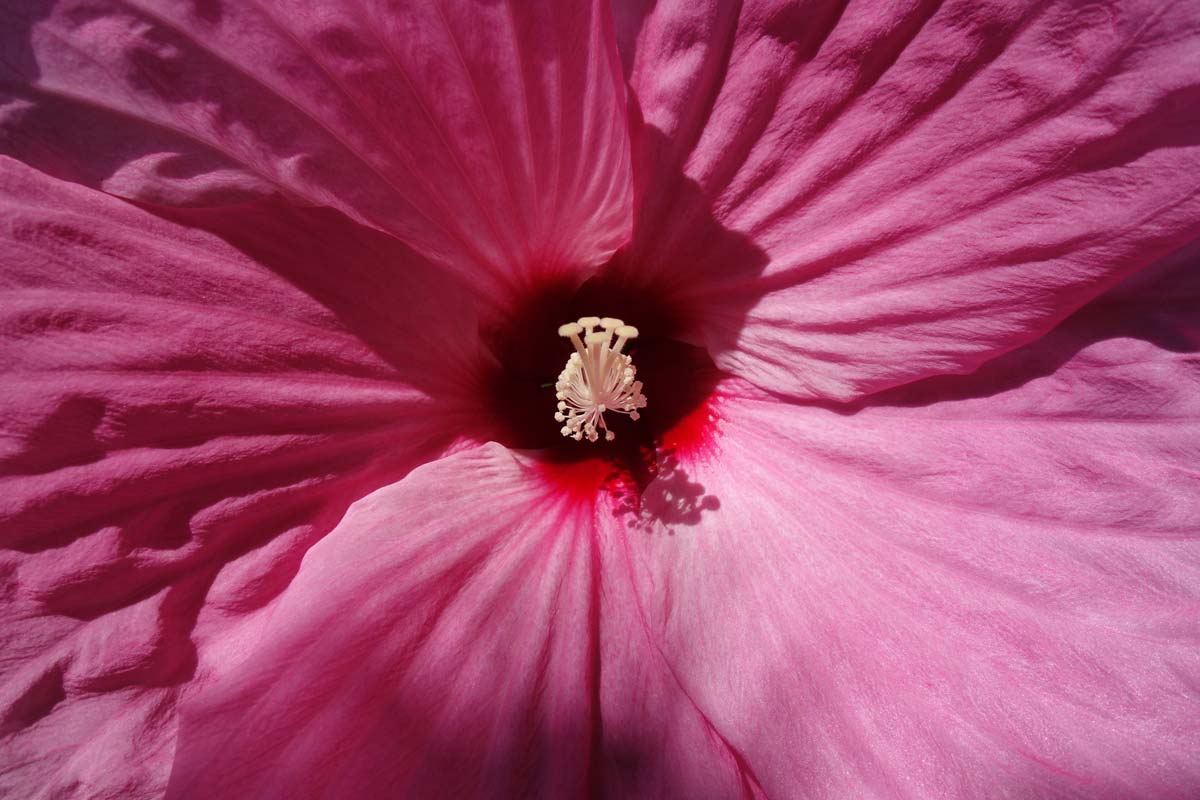
As we gaze upon the hibiscus, we are drawn into its world of lush colors and delicate textures, each petal a testament to the exquisite craftsmanship of nature. Its intoxicating fragrance, carried on the gentle breeze, awakens our senses and transports us to a place of pure bliss and tranquility.
In the presence of the hibiscus, we are reminded to engage with our senses fully, to savor the fleeting moments of beauty that punctuate our lives. Its allure is not merely visual or olfactory; it is a symphony of sensations that touches us on a deeper level, stirring emotions and evoking memories long forgotten.
Moreover, the hibiscus serves as a gentle reminder to embrace our sensitivity and vulnerability, to allow ourselves to be fully present in the moment without fear or reservation. In a world that often prizes strength and stoicism, the hibiscus encourages us to embrace our softer, more delicate side, to revel in the depths of our emotions and connect with the world around us in a more profound way.
In many cultures, the hibiscus is revered as a symbol of sensuality and sensitivity, its presence woven into rituals and ceremonies that celebrate the beauty of the human experience. From ancient rituals of love and fertility to modern-day celebrations of joy and abundance, the hibiscus serves as a silent witness to the intricate dance of life and the power of human connection.
Cultural Significance:
The cultural significance of the hibiscus transcends mere aesthetics, weaving a rich tapestry of tradition and heritage that spans continents and centuries. From the sun-kissed shores of Hawaii to the ancient temples of China, from the vibrant streets of India to the idyllic islands of the Caribbean, the hibiscus holds a revered place in the hearts and minds of people around the world.
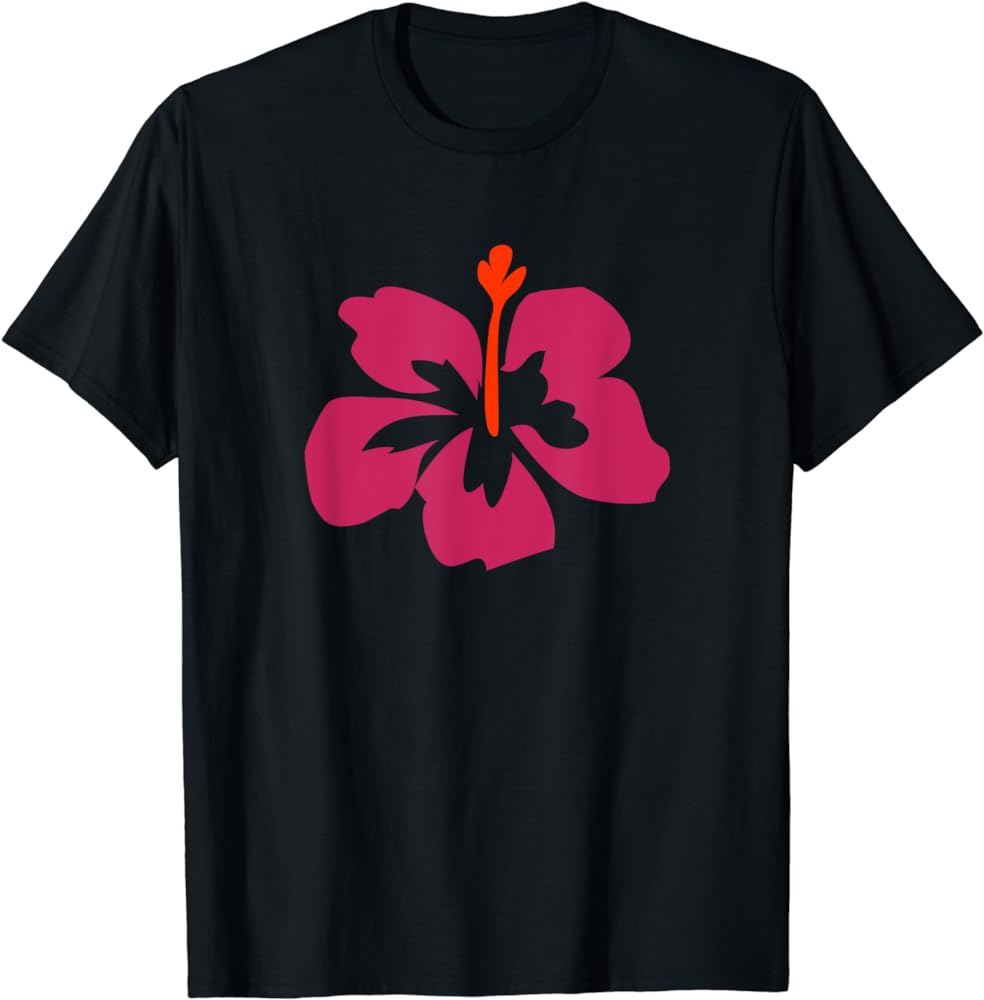
In Hawaii, where the hibiscus reigns as the state flower, its vibrant blooms are woven into the fabric of everyday life, adorning leis and hula skirts and serving as a symbol of hospitality and aloha spirit. From weddings to graduations, from birthdays to funerals, the hibiscus is present at every milestone, its presence a reminder of the island’s natural beauty and cultural richness.
In China, the hibiscus holds deep symbolic significance, representing wealth, fame, and glory. In ancient times, it was revered as a symbol of nobility and elegance, its delicate blooms gracing the gardens of emperors and scholars alike. Today, the hibiscus continues to be celebrated in art, literature, and traditional medicine, its timeless beauty serving as a source of inspiration for generations to come.
Similarly, in India, the hibiscus holds a sacred place in Hindu mythology and religious rituals. Known as “Japa” in Sanskrit, it is offered to the gods as a symbol of devotion and purity, its vibrant petals symbolizing the cycle of creation and destruction. In addition to its religious significance, the hibiscus is also prized for its medicinal properties, with its leaves and flowers used in traditional Ayurvedic remedies to treat a variety of ailments.
In the Caribbean, the hibiscus is celebrated for its vibrant colors and tropical beauty, its presence infusing the islands with a sense of joy and vitality. From Jamaica to Trinidad and Tobago, from Barbados to the Bahamas, the hibiscus is a beloved symbol of island life, its blooms adorning everything from clothing to cuisine.
In the tapestry of symbolism, the hibiscus emerges as a multifaceted emblem, encompassing themes of beauty, passion, growth, and cultural richness. Whether adorning gardens, adorning artwork, or adorning the human spirit, its presence serves as a testament to the profound connections between nature, humanity, and the mysteries of existence. So, the next time you encounter a hibiscus in bloom, take a moment to reflect on its symbolism and the deeper meanings it holds within its delicate petals.
Discover the profound symbolism of the hibiscus flower at AlibayTrendy Store. Our curated collection features stunning hibiscus-themed products, including Hibiscus Hawaiian Shirt and more. Whether you’re searching for a meaningful gift or treating yourself, explore our selection today and embrace the beauty of the hibiscus. Don’t miss our hibiscus t-shirts, perfect for adding a touch of floral elegance to your wardrobe. Shop now and unlock the secrets of this timeless emblem at AlibayTrendy.com.
